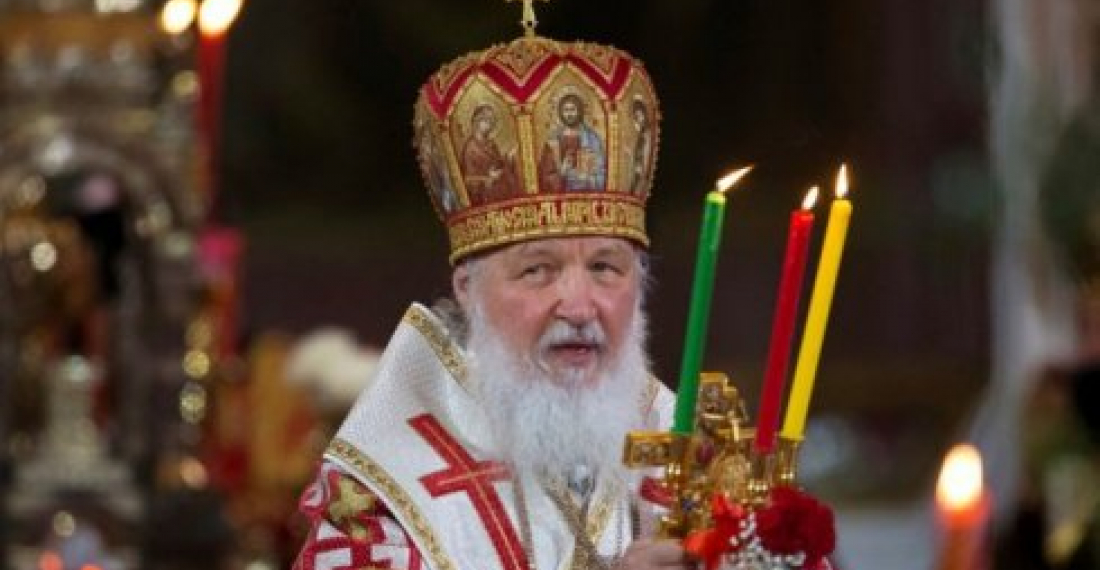The Head of the Russian Orthodox Church, Patriarch Kirill will this week visit the United Kingdom, the first serving head of the Russian Church ever to do so. His visit comes as relations between Russia and the UK are at a very low point, with little prospect for improvement in the near future. In London he will meet Queen Elizabeth and the Archbishop of Canterbury
Patriarch Kirill is probably the only senior Russian personality that is able to visit London these days and still be accorded an audience with the Queen. As nominal head of the British Anglican Church the Queen is able to meet the Patriarch without upsetting those who think the UK should not have anything to do with Russian officials given the number of serious outstanding issues between the two countries.
The Russian Orthodox Church says it hopes the visit will help Russia and Britain "strengthen mutual trust". But BBC Correspondent Steve Rosenberg, reporting from Moscow said that at the moment "mutual distrust" characterised the relationship between the two countries.
A few days ago UK Foreign Secretary Boris Johnson said he would like to see a protest against bombings of the Syrian city of Aleppo, which are being blamed on Vladimir Putin's forces. But Moscow, which denies the claims, accused him of "Russophobic hysteria".
According to the BBC Patriarch Kirill is a strong supporter of President Putin, and once described the leader's time in office as a "miracle of God".
"It is indeed divine intervention that diplomats in London and Moscow, keen to see relations restored to some kind of normal level, are hoping for", said commonspace.eu political editor in a comment. "The Russian Orthodox Church has had a presence in Britain for centuries, and it is to inaugurate a restored Russian Church in London the reason why the Patriarch is ostensibly visiting. The diplomatic significance of the visit should not however be underestimated."
Source: commonspace.eu
photo: The head of the Russian Orthodox Church, Patriarch Kirill. (archive picture courtesy of BBC)






